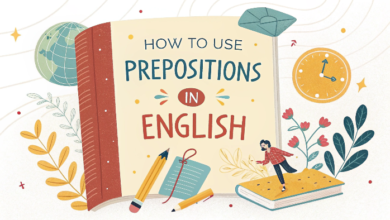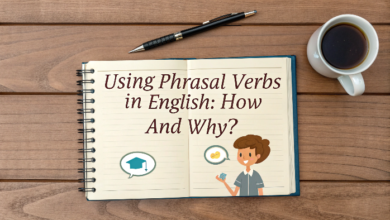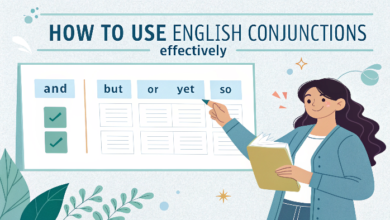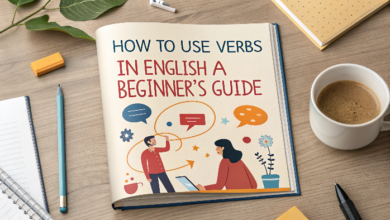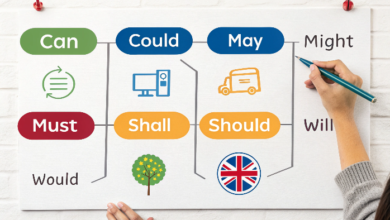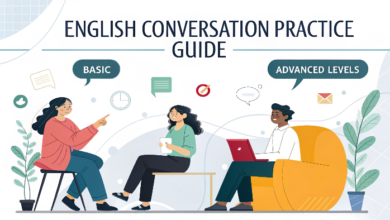English Modal Verbs: Can, Could, May, Might, Must, Should
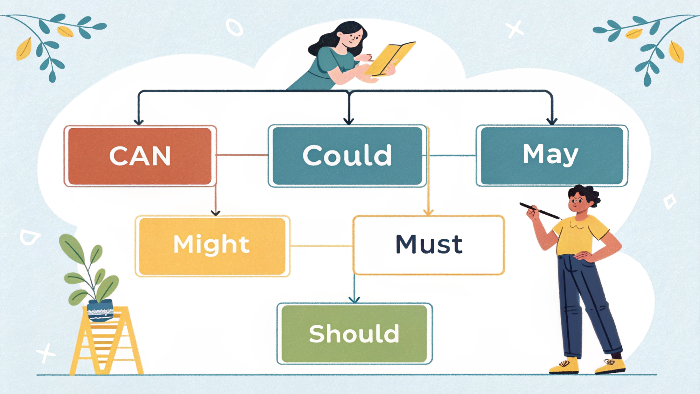
Should: Giving Advice and Recommendations
Should is commonly used to give advice, recommendations, or express expectation.
Advice: “You should drink more water.”
Recommendation: “You should see a doctor if you feel sick.”
Expectation: “The train should arrive at 8 AM.”
Common Mistakes with Modal Verbs
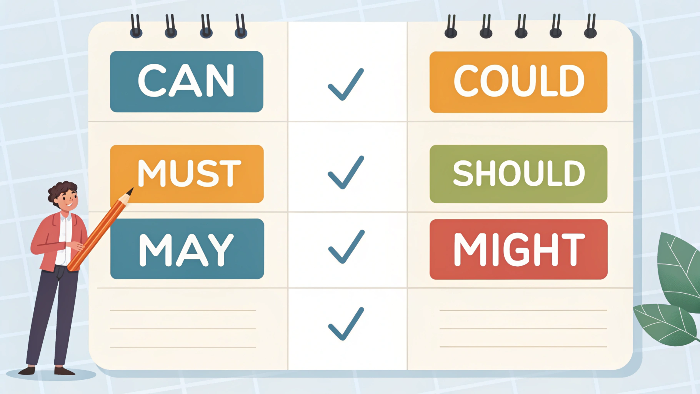
Using the wrong modal verb: Many learners confuse modal verbs, such as using can when should or must is more appropriate. For example, “You should study harder” is correct, while “You can study harder” sounds awkward.
Omitting the base form of the main verb: After modal verbs, we never use the infinitive form of the verb (with “to”). For example, we say “I can swim” (not “I can to swim”).
Tips for Using Modal Verbs Correctly
Learn the context: Modal verbs can change meaning based on context. For example, “may” can be used for permission or possibility, so it’s important to understand the difference.
Use should for advice: When offering advice, should is the most appropriate modal verb. For example, “You should study for the test.”
Practice common modal verb expressions: Practice sentences using modal verbs to help reinforce their meaning. For instance: “You must try the chocolate cake!” or “We might go to the movies later.”
Conclusion
Modal verbs like can, could, may, might, must, and should are powerful tools in English. By mastering these verbs, you can express abilities, permissions,
possibilities, necessities, and advice with ease. Understanding their subtle differences and practicing their correct usage will make you sound more fluent and confident in English communication.
See also:
Easy Grammar Quiz: Test Your English Skills
Boost your vocabulary skills with challenging quizzes

